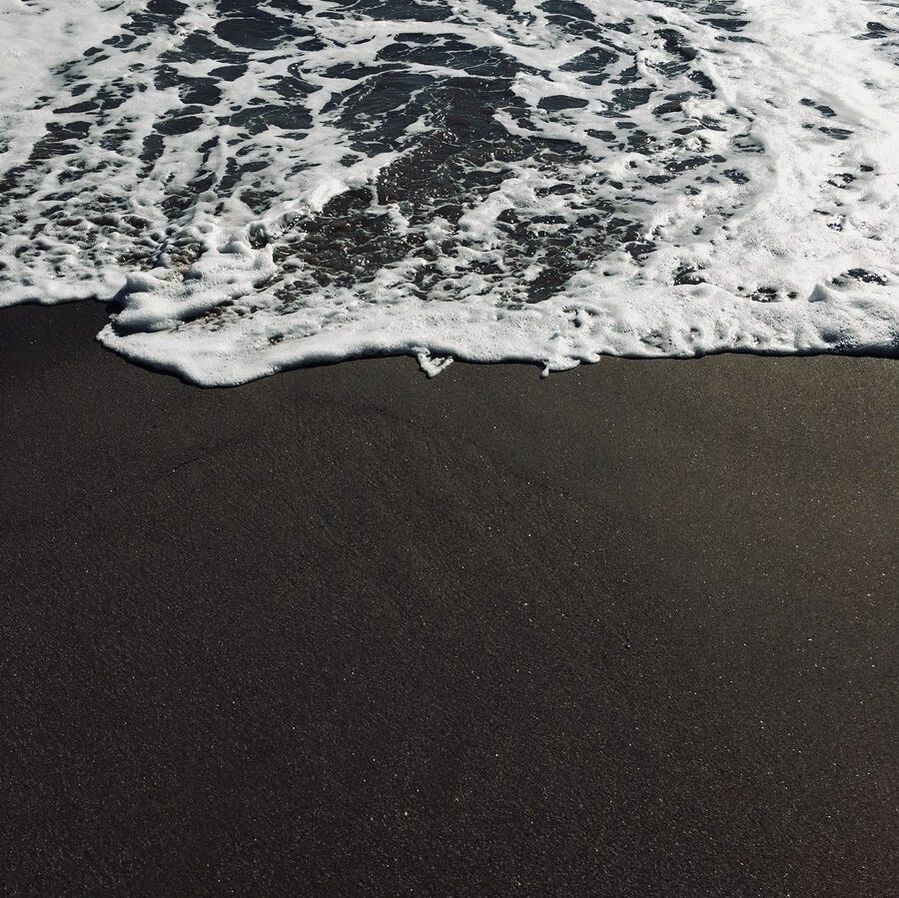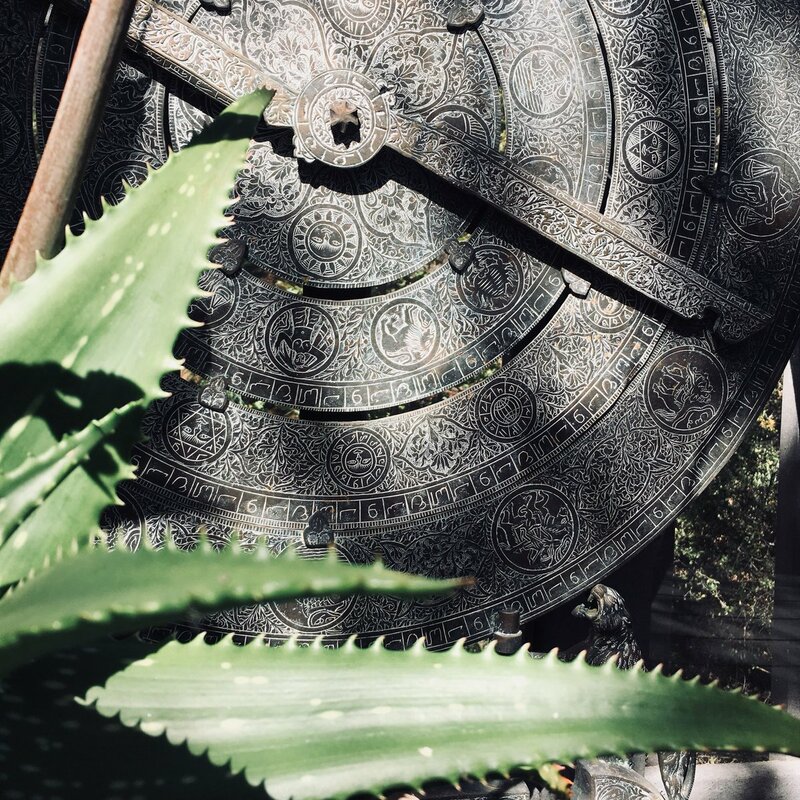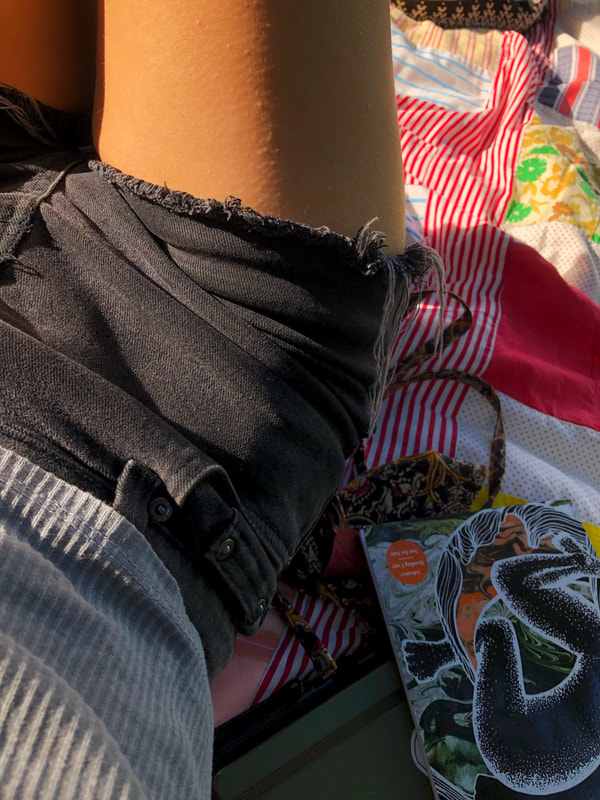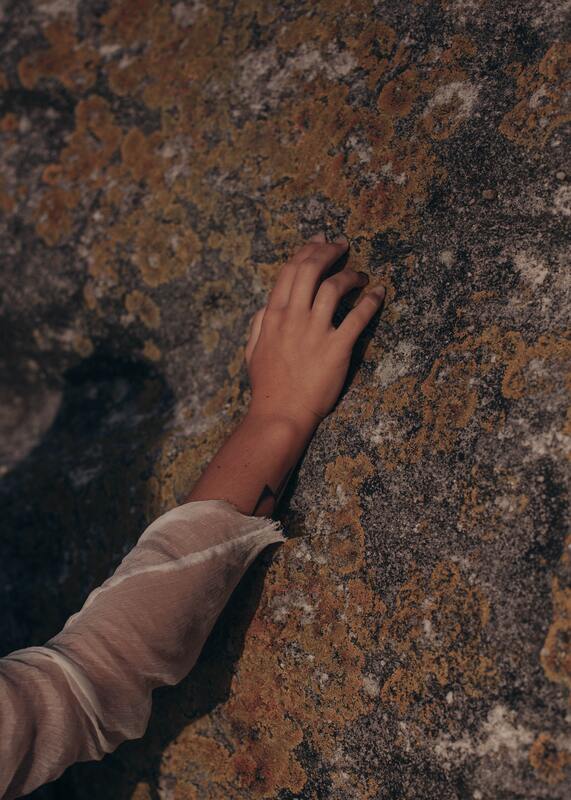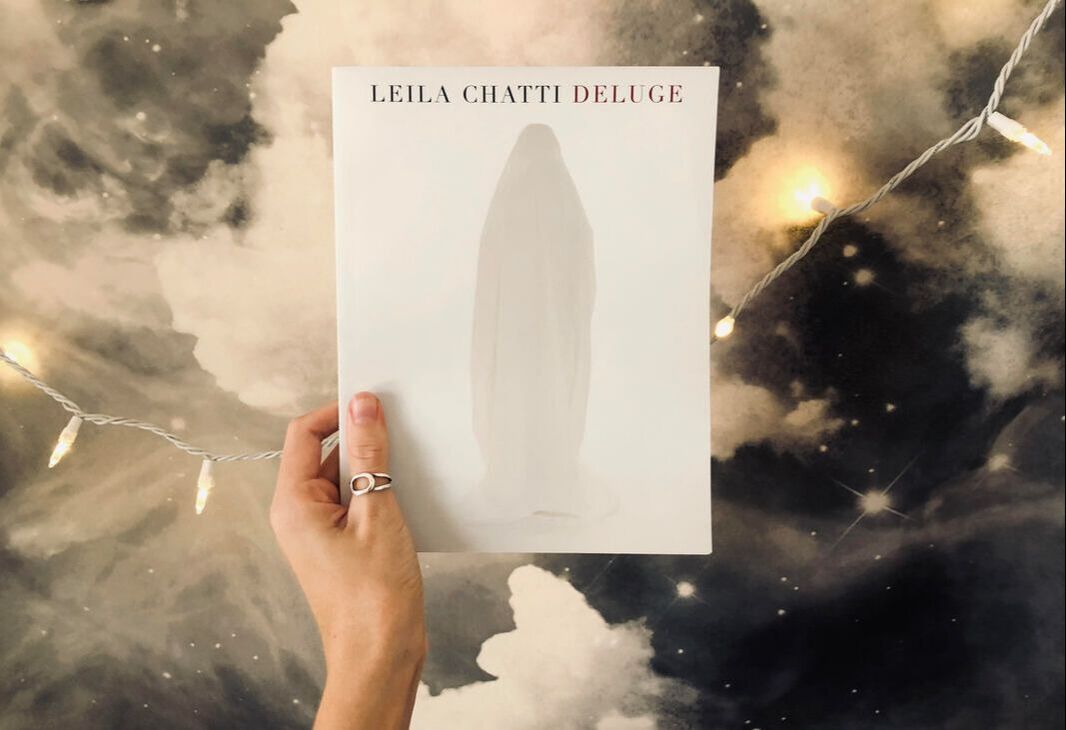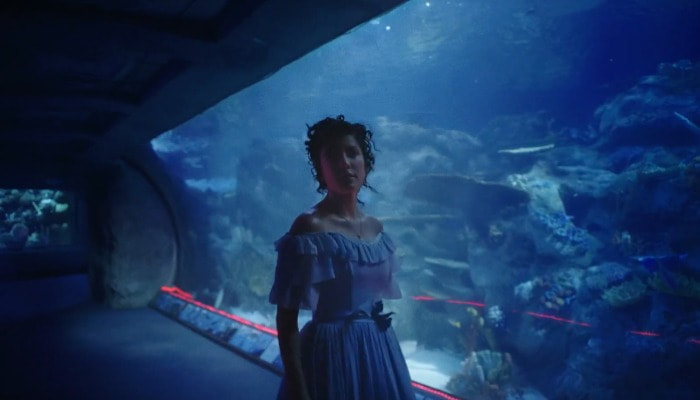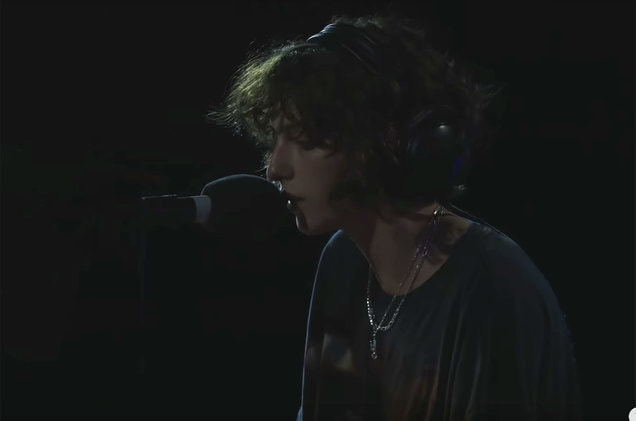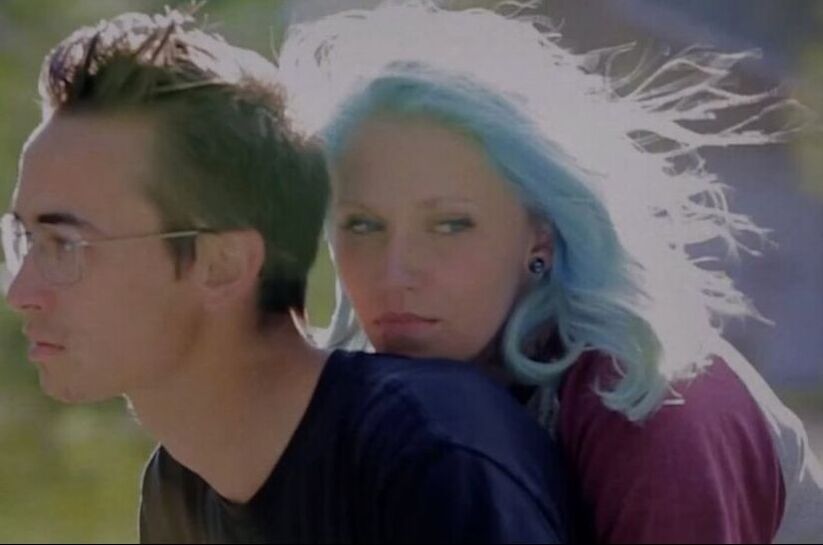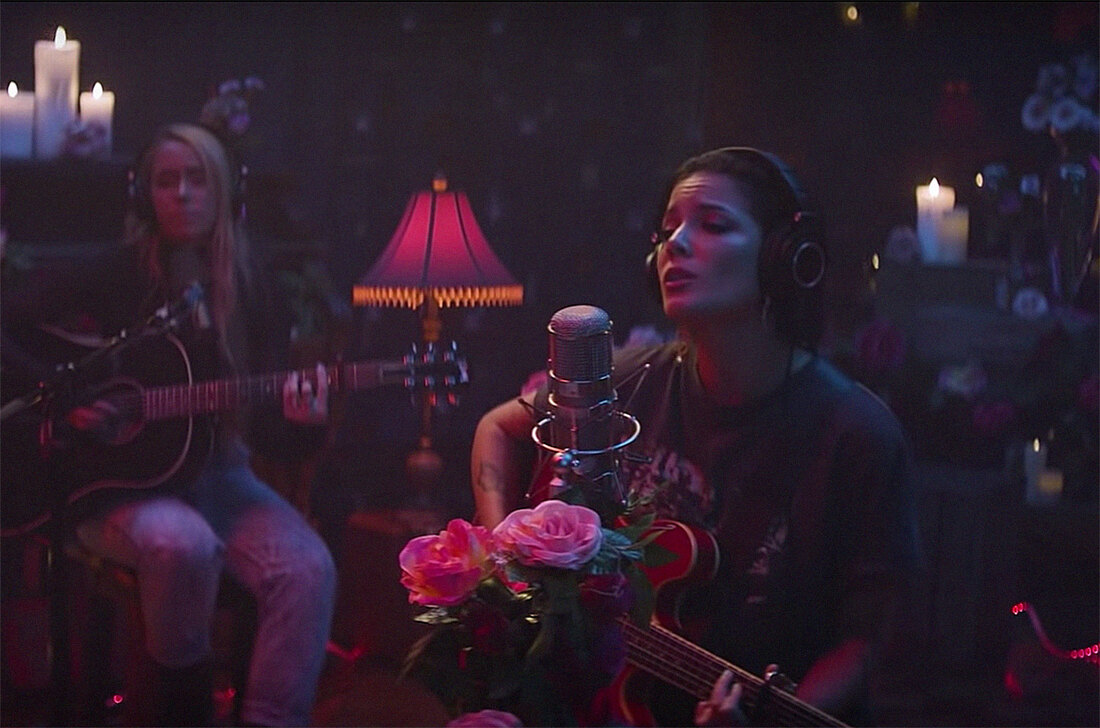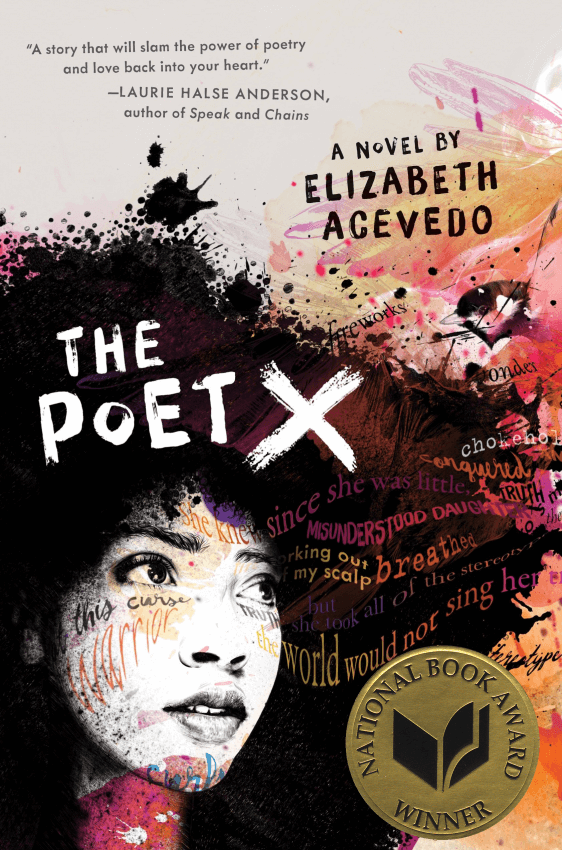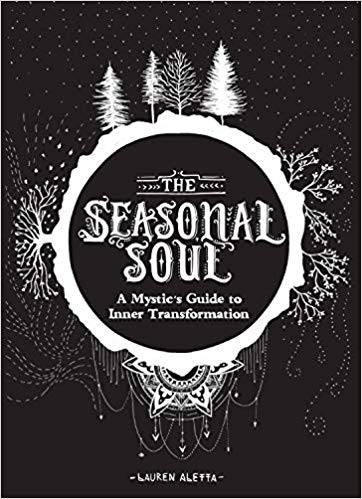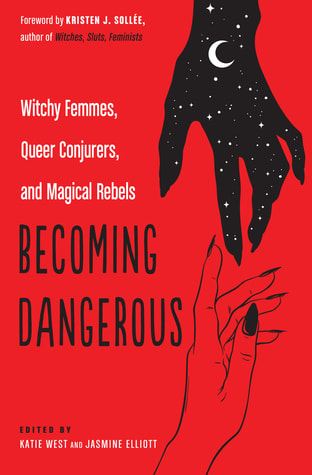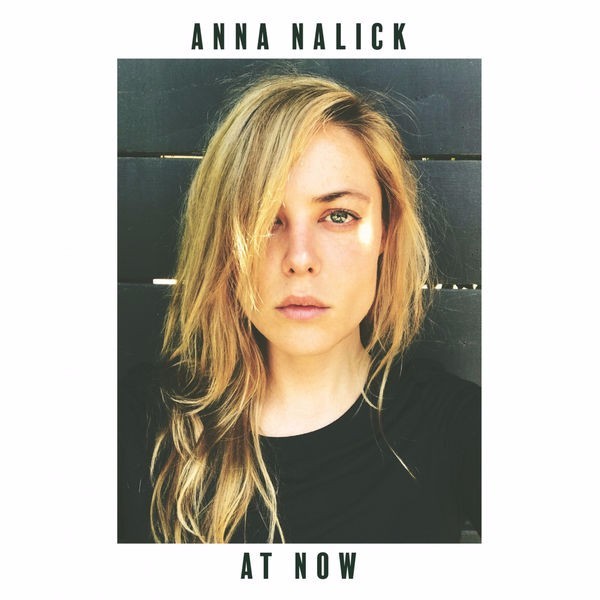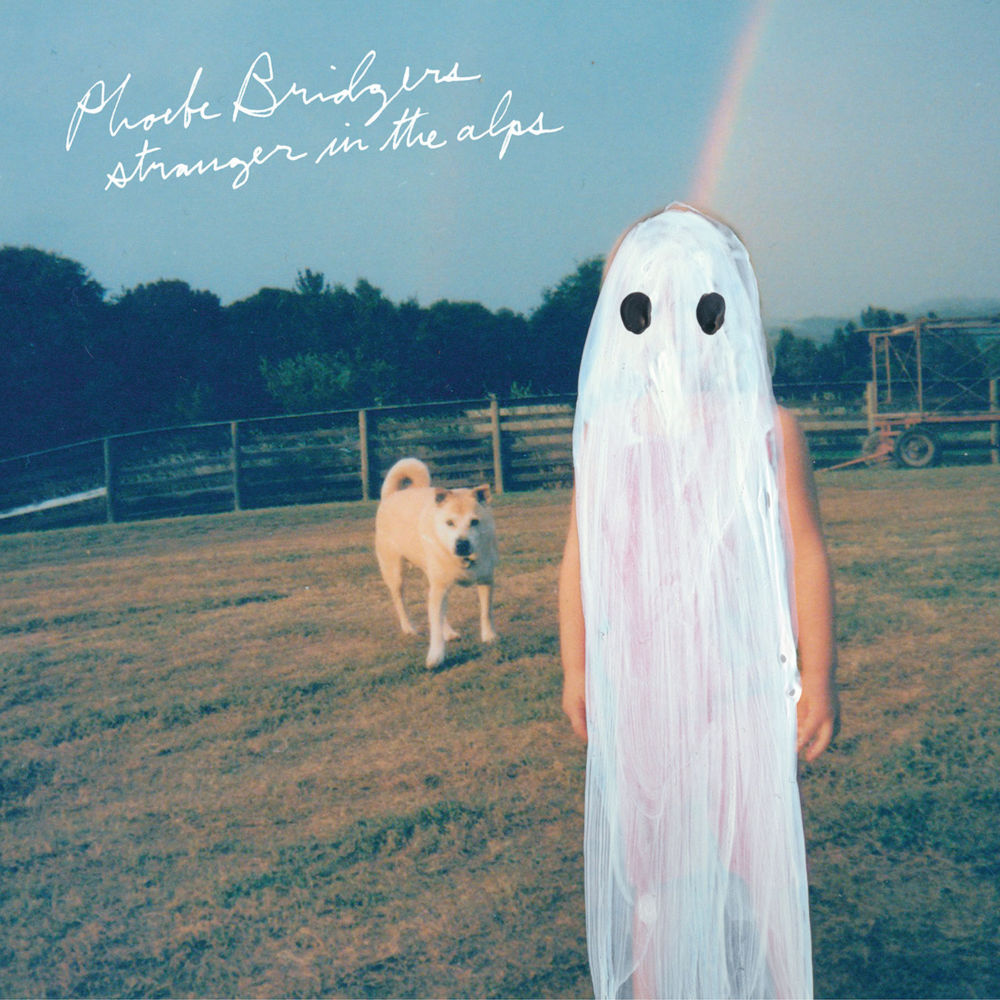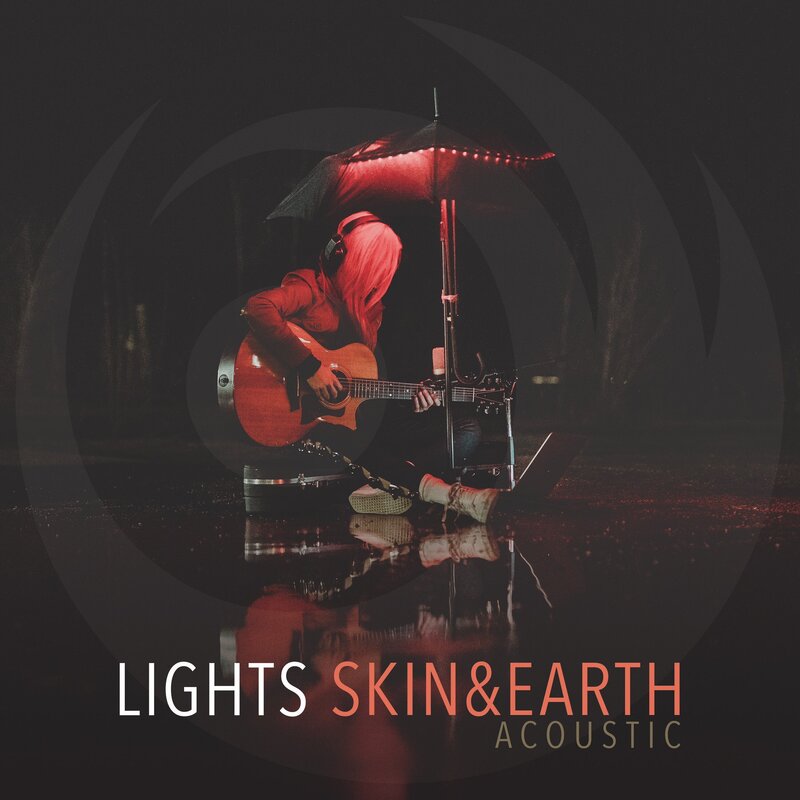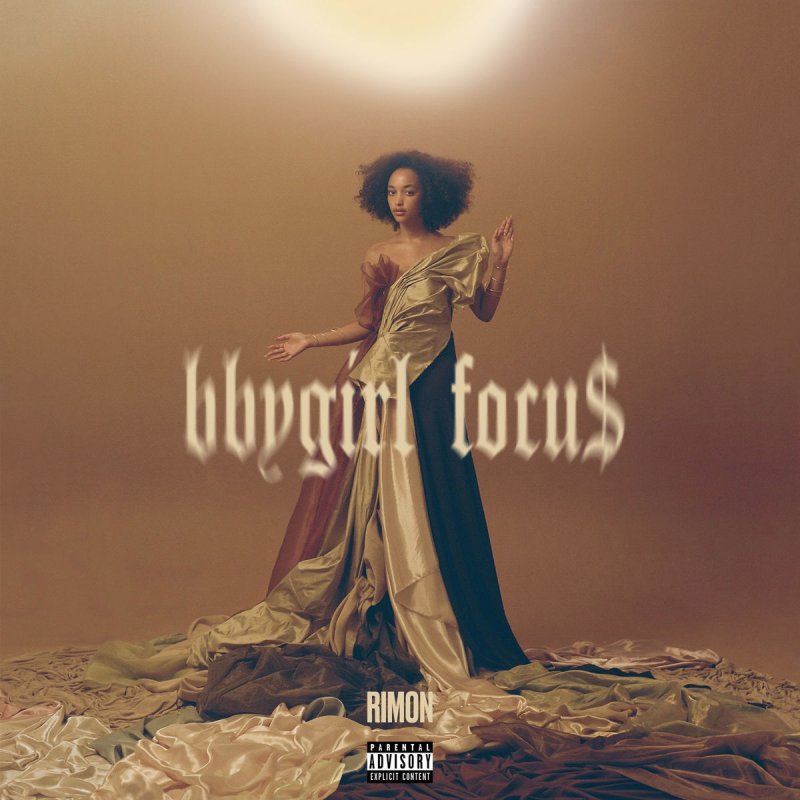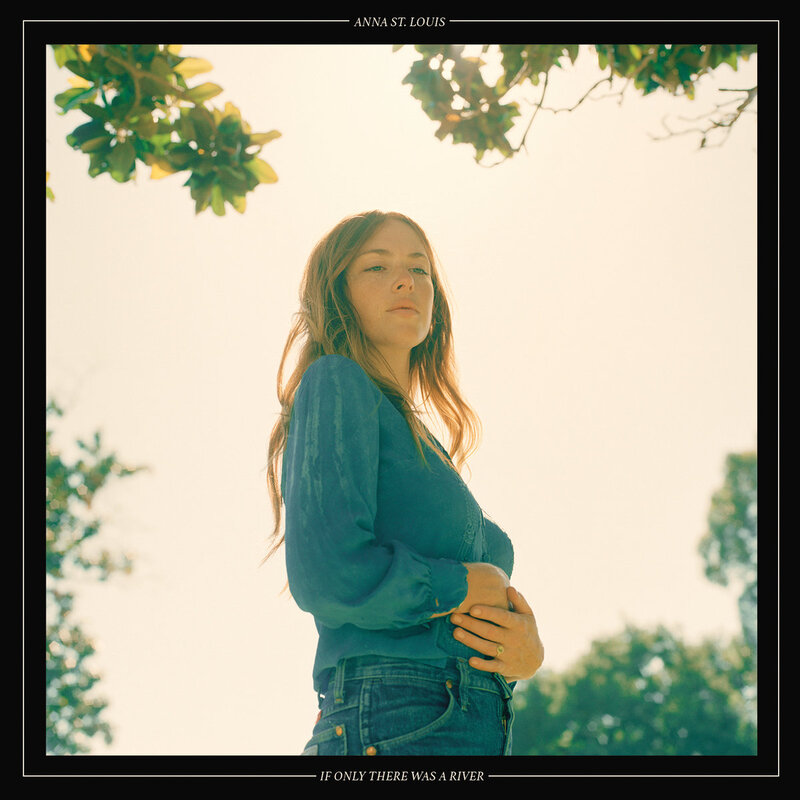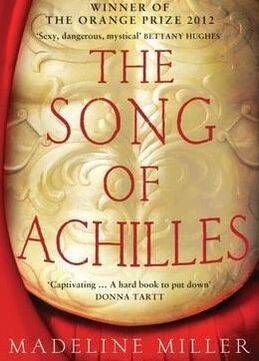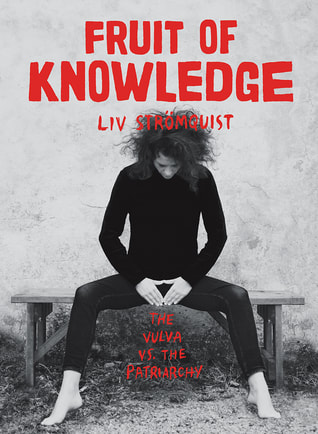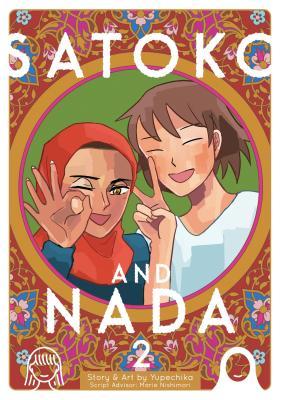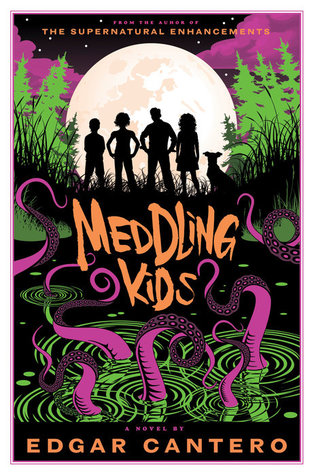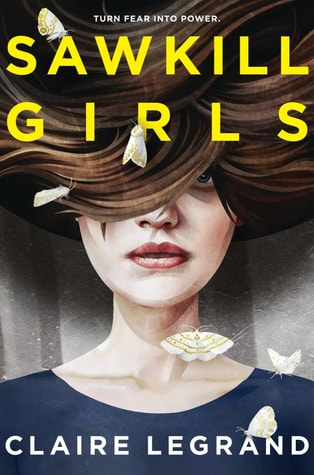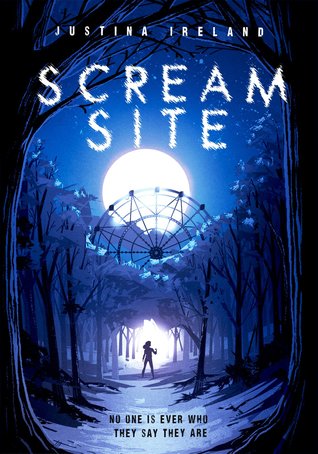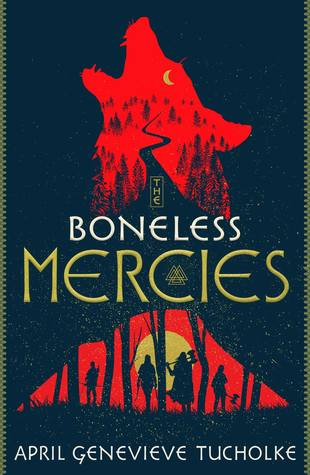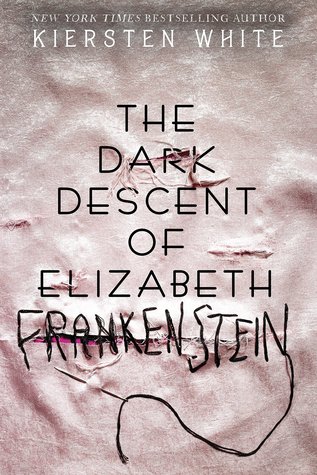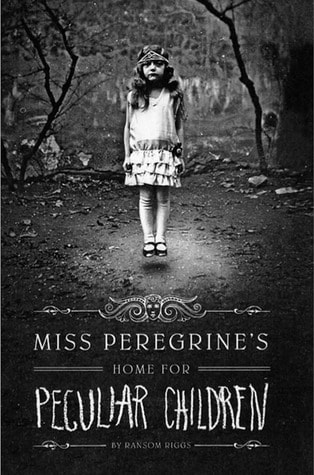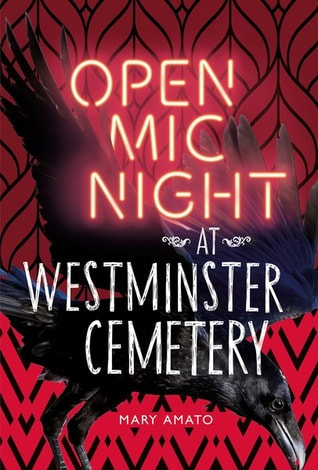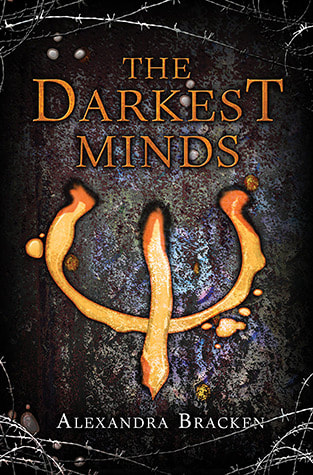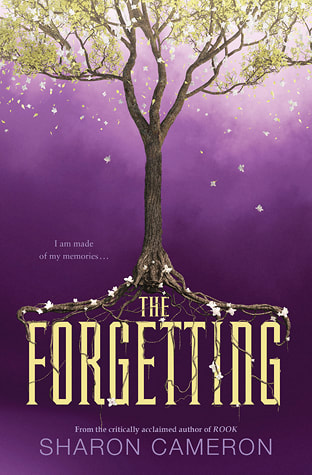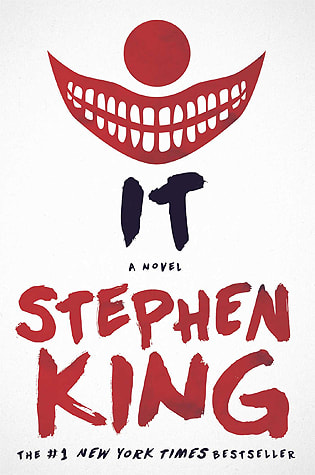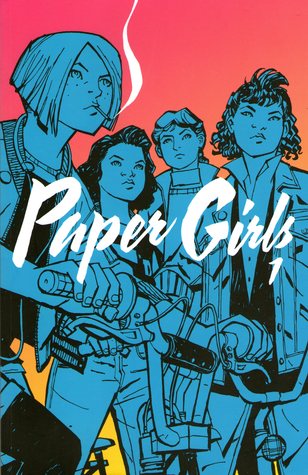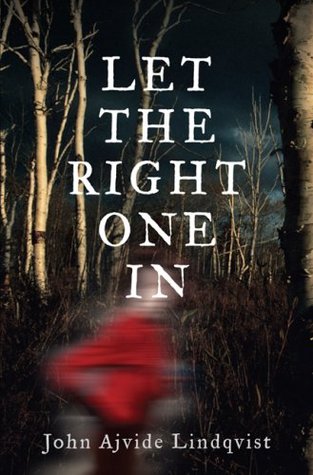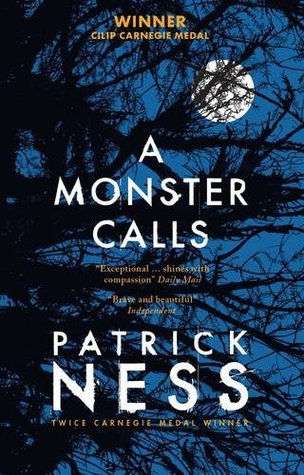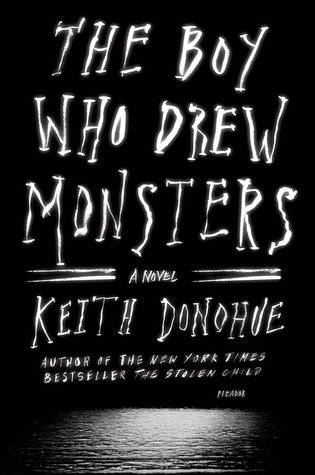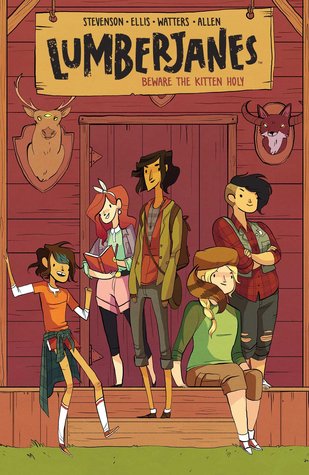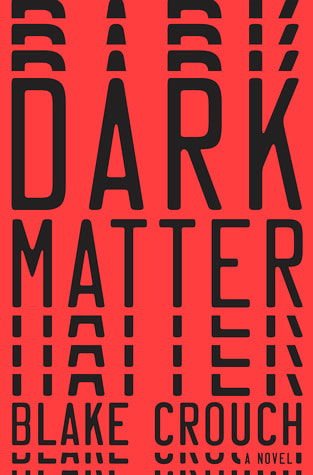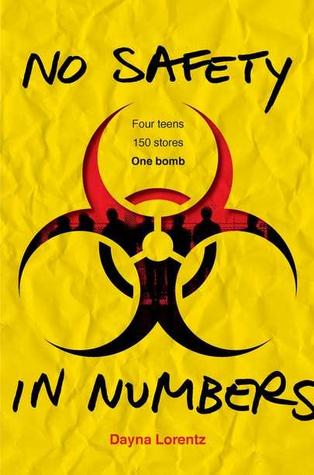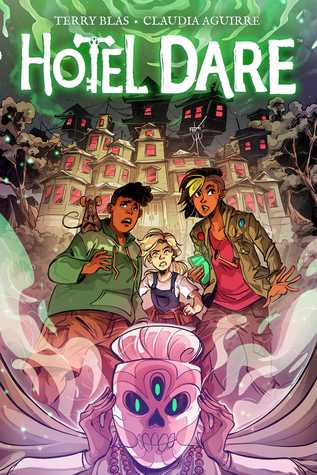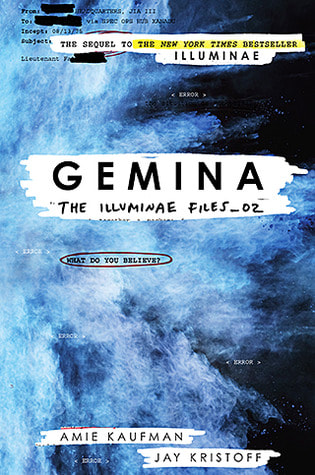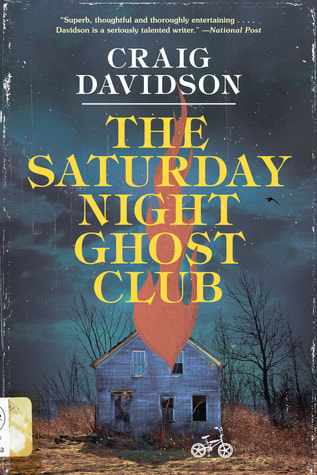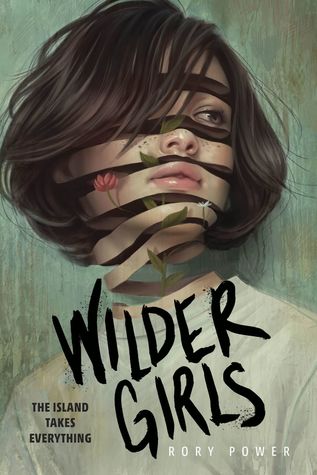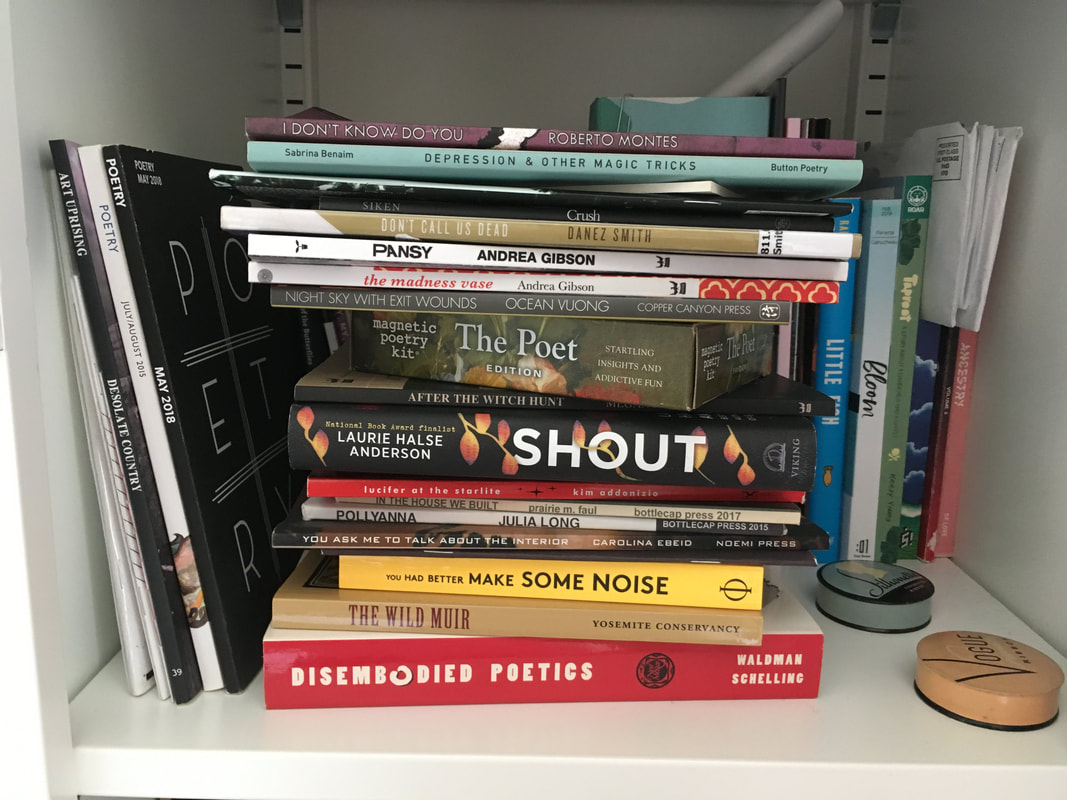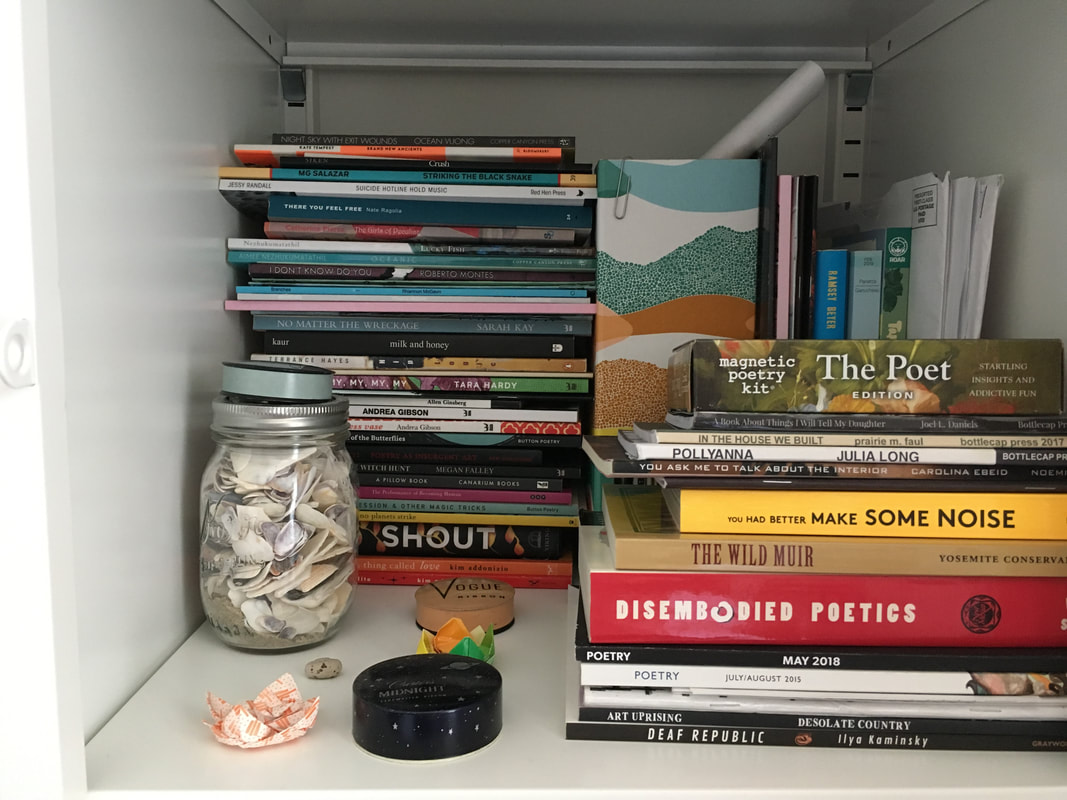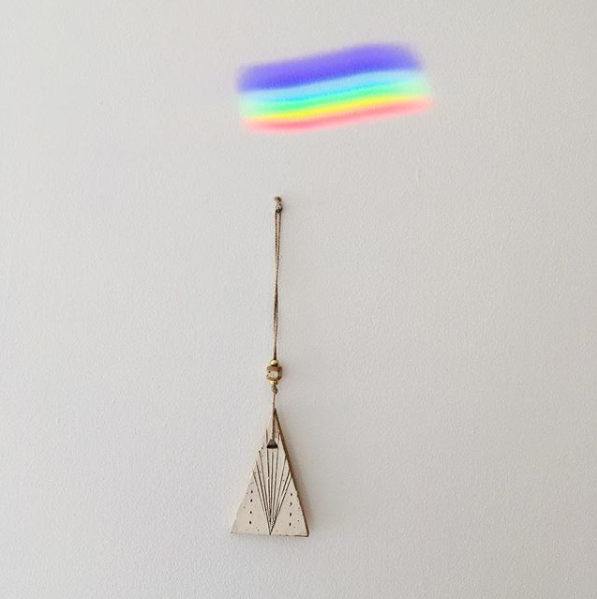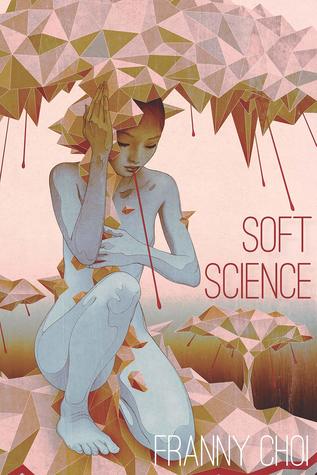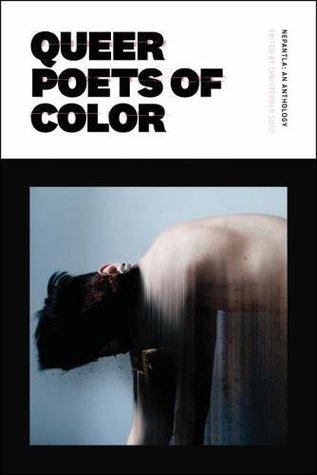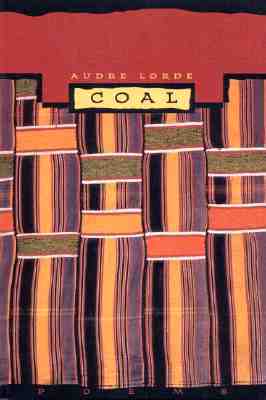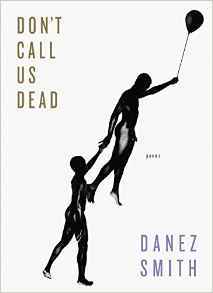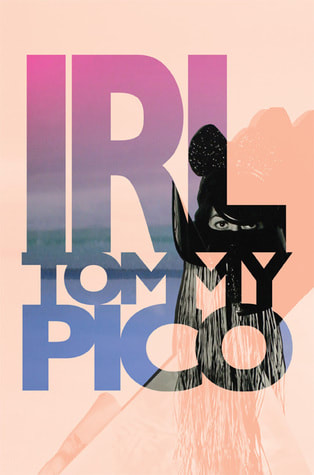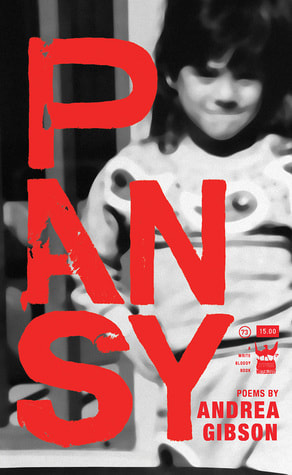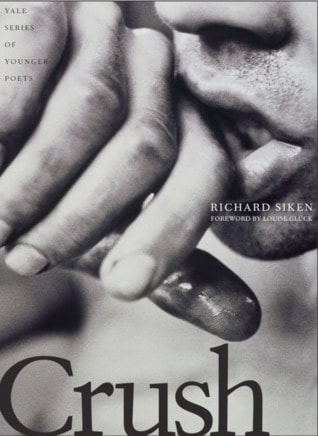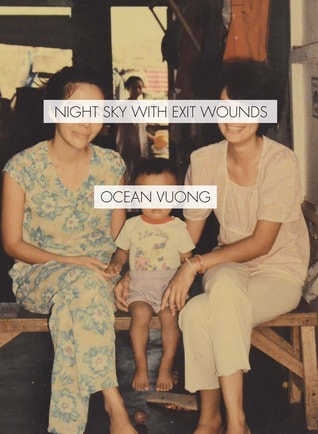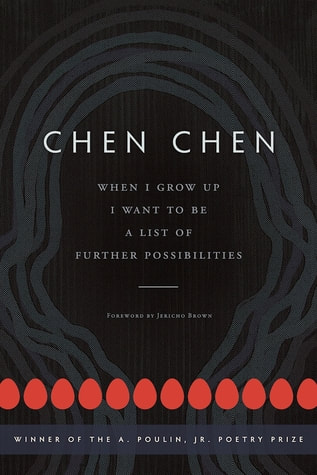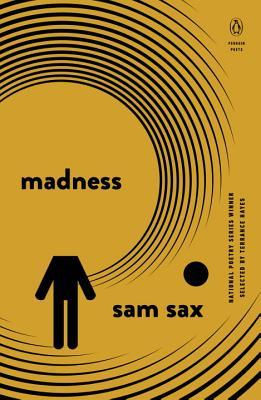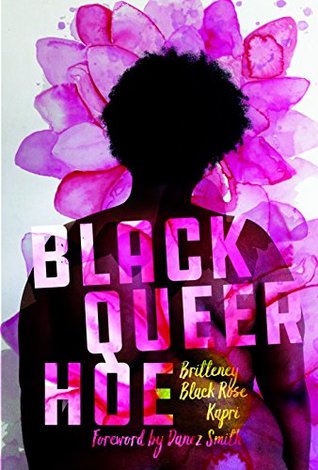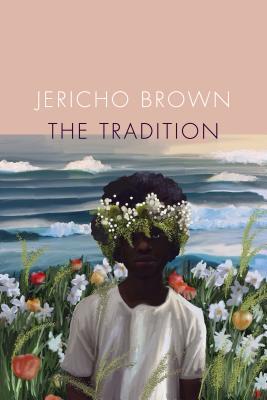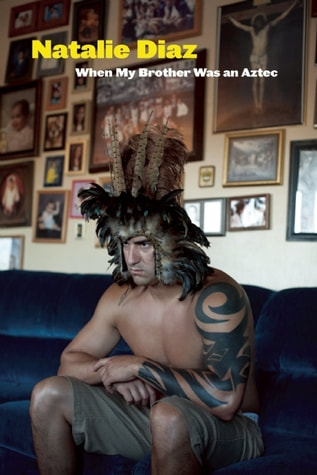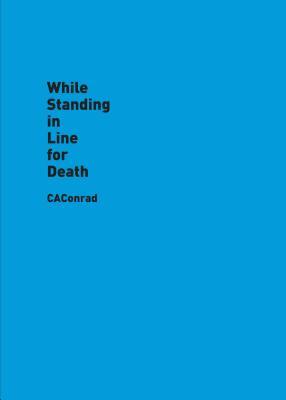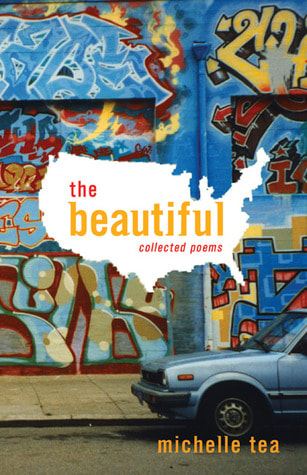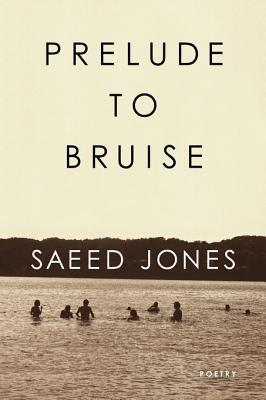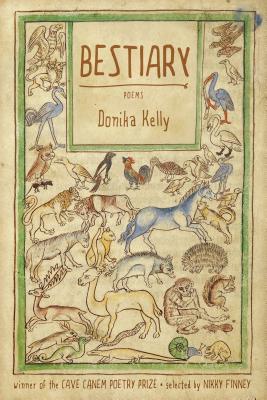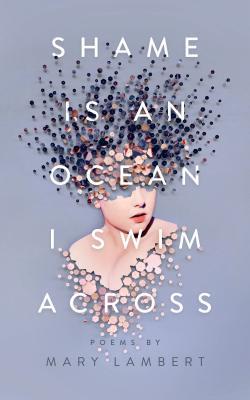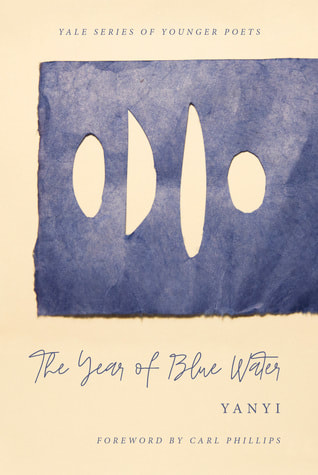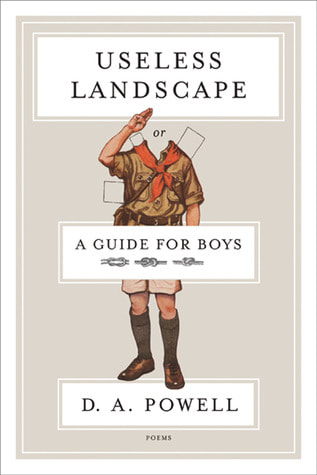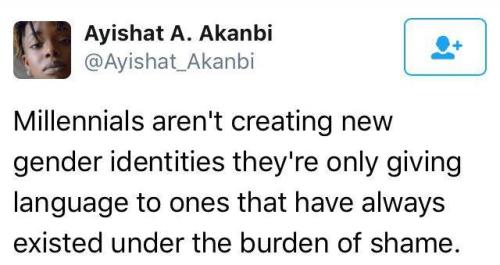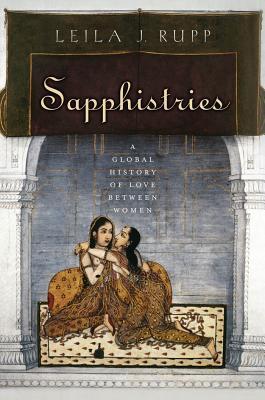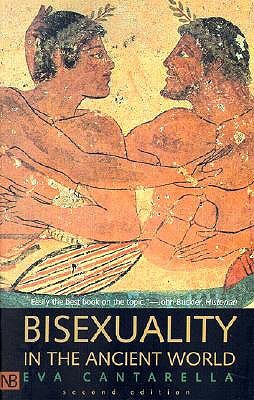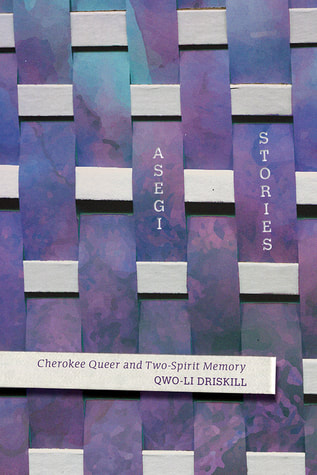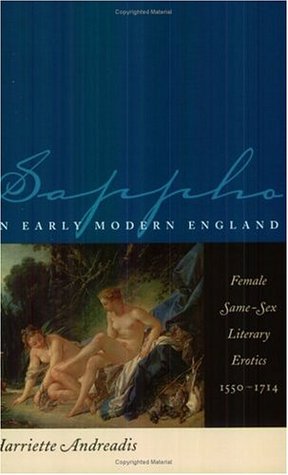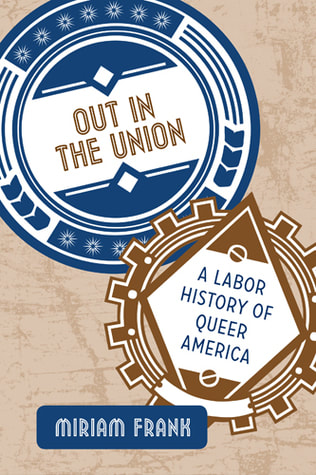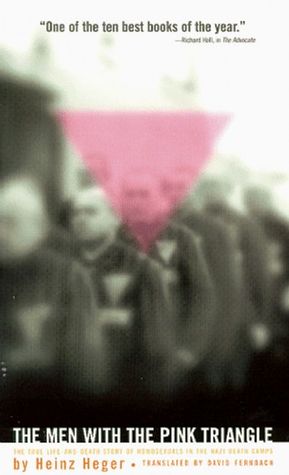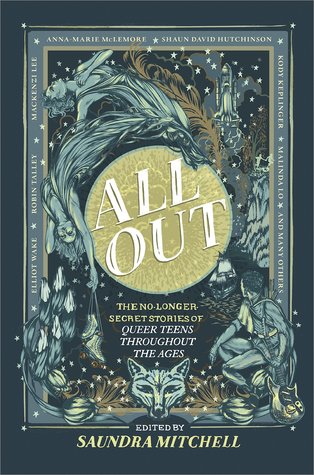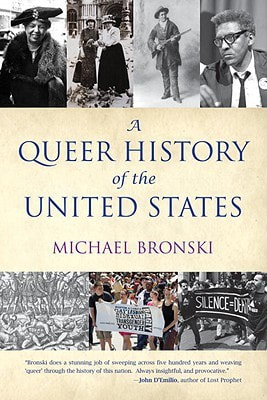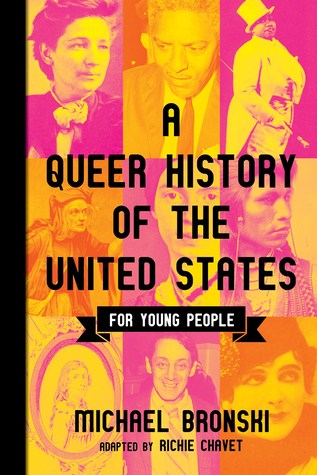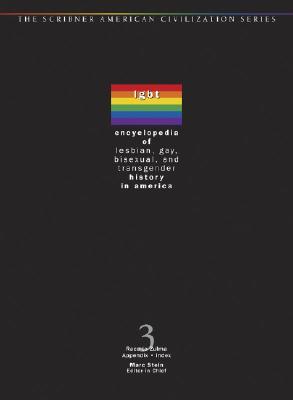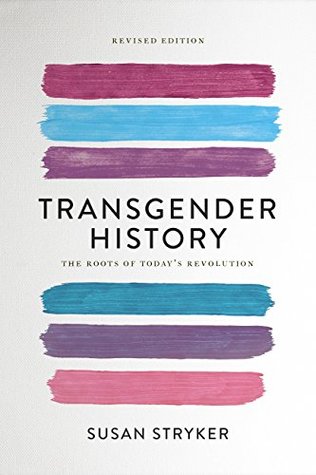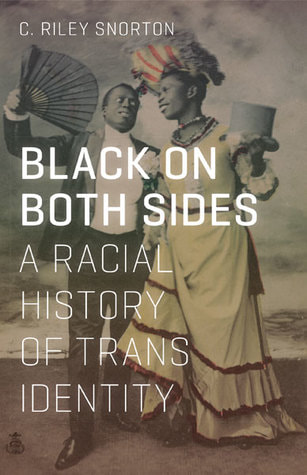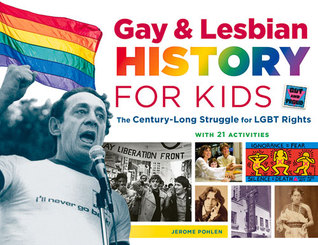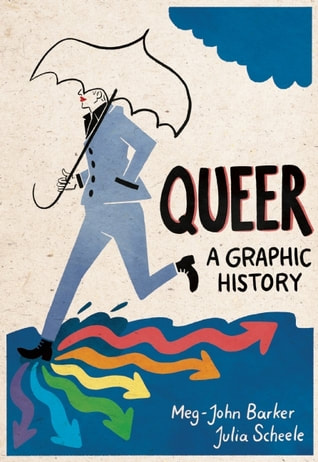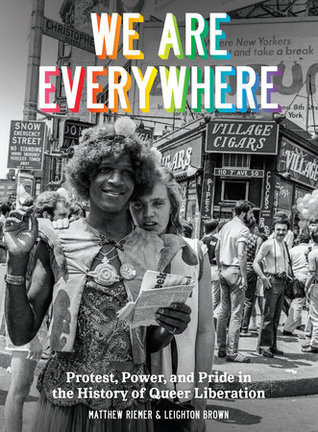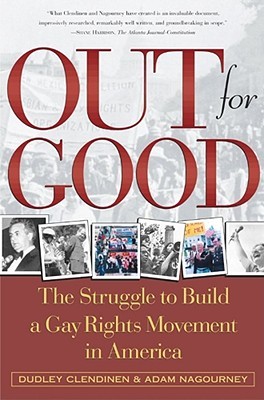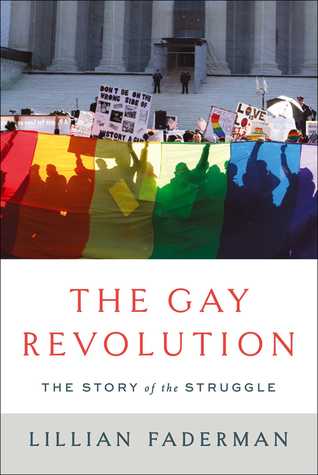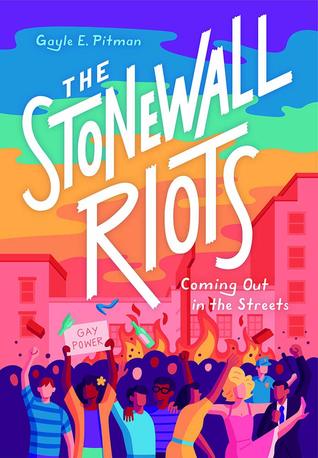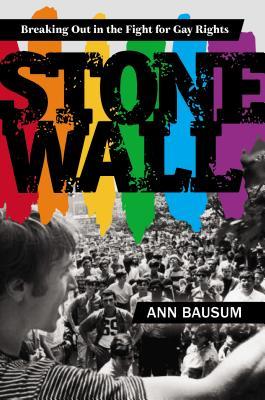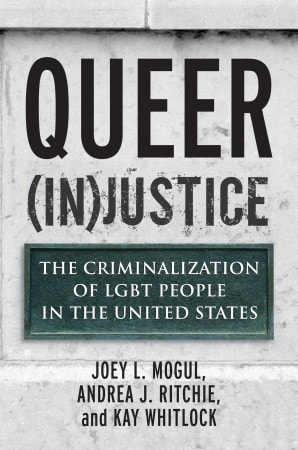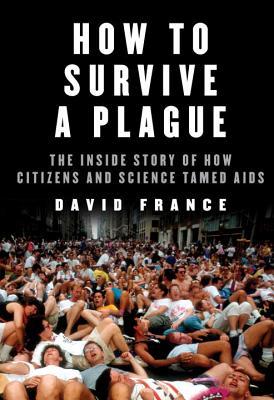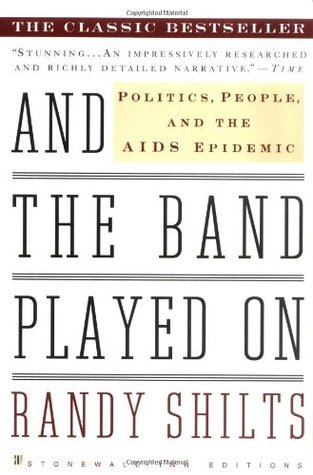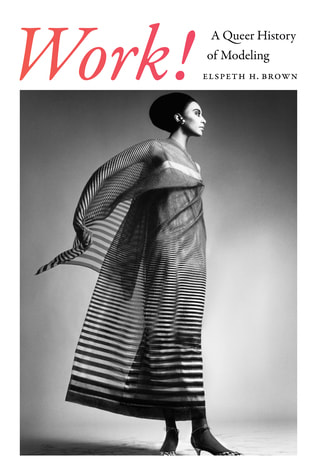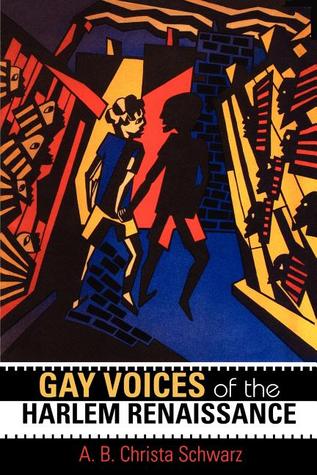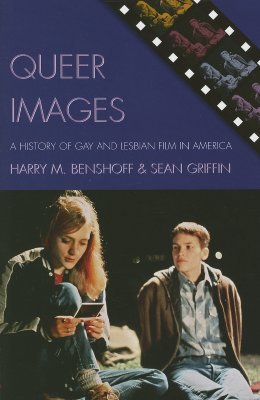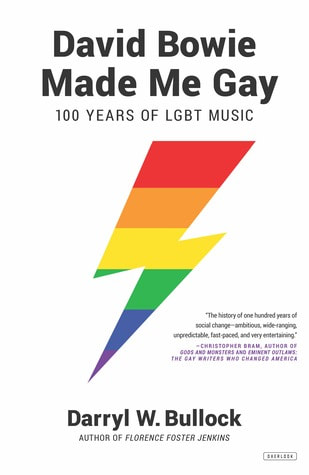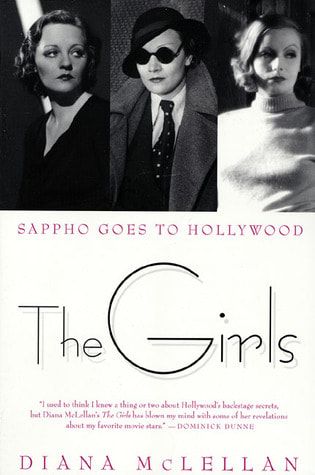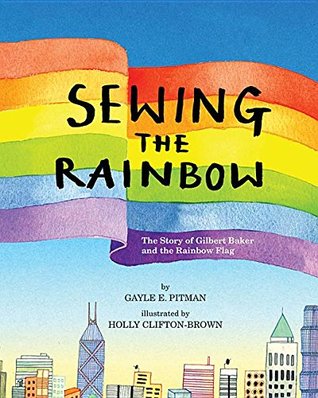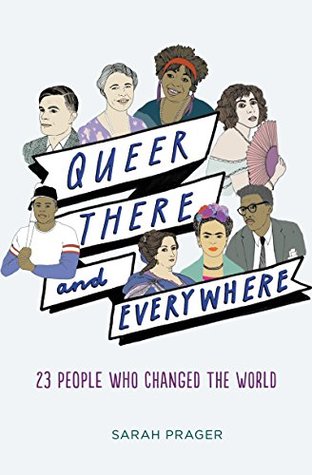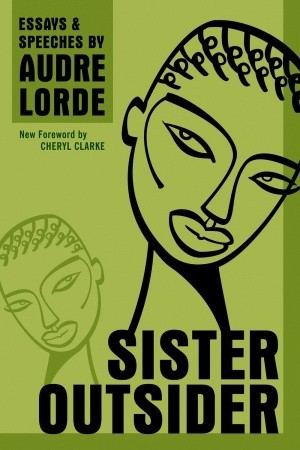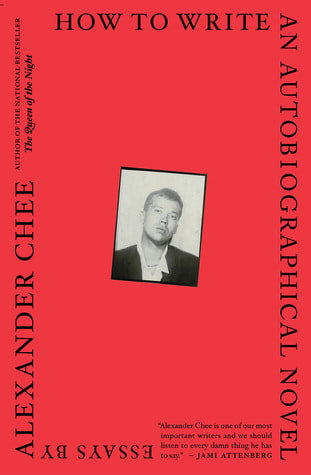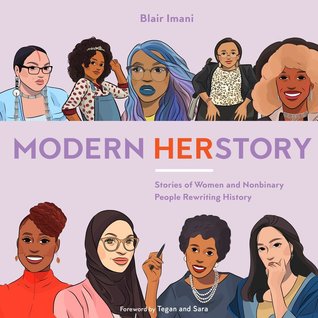|
originally this was part of a series of essays during The Sealey Challenge, all scrapped. really, this post is representative of 2020 as a whole, for m, thus-- These days I am so anchored to the house that I begin to float away, ungrounded. It has been two hundred and eight-seven days since I left the house, face uncovered, so confidently. At first, I dragged my feet forward, hoping to cling to these forced days at home like a productive staycation. My naivety kept me calm, for a moment, until the anxiety and dread settled unshaken. I don't know if one day has passed since March, or if most of the year has sifted away barely touched. I want to say I have looked at these walls so long that I have allowed them to morph into canvas, into possibility, into a forced strict sabbatical of creativity and comfort. No, instead, depression is a dust I cannot quite keep wiped away, and anxiety is a breeze blowing just hard enough not to let any pages settle without a struggle. I've tried what has worked and what will never. In August, I began The Sealey Challenge, all starry eyed and lying on my back on my great grandmother's quilt in the sun. No, I did not successfully complete it, but I did accomplish enough. I tried, I read, I learned, I found. I tried, and I failed by reading a grand sixteen poetry books, of which I am vaguely proud enough. I learned (again) that I approach poetry like I do people I love: I do not really like many poetry books, but when I do, I am breathtaken and dizzy and committed. I found that what loops me into the pages and sets me free is when poetry is not particularly heady, but instead grounded and raw and emotional and real, yet surprising. Environmental. A journal made more intimate by surprise. I love the moment I am shocked I did not think of the words myself, and I am so in love that I am nearly angry about it. I love the humanity of poetry. I love to recognize myself and crawl away from my reality and into my body, tucked into the earth, no matter how it trembles or burns. Space Struck by Paige Lewis was a delight, caught double taken in a panic and laughter. Olivia Gatwood and Megan Fernandes are painters of girls, and it scares me in a way so familiar I will not look away. Kate Tempest unspools gender with Hold Your Own, and Louise Gluck's The Wild Iris takes me almost as long to read as a new leaf unfurls on the vines I bought during my first outting after spring's lockdown. Again and again, I learn that despite the deep set exhaustion of growing from caterpillar to a butterfly trapped under the glass of a pandemic, I do not want to leave myself and my body when I read. Yes, it is true, I spend most of my time attempting to outrun myself. It's true, I wake up and decipher how I might make the time fray into nighttime again, so I can rest unconscious, smothered in dreams. I said I wouldn't download TikTok- "no matter how bad it gets"- but I scroll it for too long nowadays, and nap in sunlight, and binge every series I've ever held close. Escapism is a survival skill, until poetry. Here I want someone to be brave enough to force the sharp edges of being alive into something I can see and hold and accept and see as beautiful, despite despite despite. It's not that I need to recognize what I read, but that I am desperate to acknowledge the pain and say that living is worth acknowledging anyway. I want poetry that leaves me rooted, breathing, nodding, and saying yes, regardless and because of. I want poetry to remind me where I am, shaking me from where I feel I remain. I want poetry to unravel reality into secretly named exhibitions. "I say in speeches that a plausible mission of artists is to make people appreciate being alive at least a little bit," said Kurt Vonnegut. I did not finish The Sealey Challenge, because ultimately I wanted to slow. It is a disorienting thing to be so exhausted of the oozing stagnancy of life, to hunger so deeply for speed and change and energy, to choose to slow and consider and soften into a failure of a challenge to savor each word offered to me. I'm honored to be allowed into the hallows and corners of other lives, to be reminded that there is a world and a future and a past beyond the walls of my isolation, which such a full range of experience. To know it existed is to see proof that it will happen again. 2020 may be a holding cell shaking the shoulders of our priorities and civil rights (many shout outs to the government for forcing me to grovel in thanks for my life being slightly better than 90% of people in 1847, but that's another rant, isn't it?), but it is also a window into what we want, what we dream, and what we remember, scavengers for proof of a future. mjust doin their thing
0 Comments
Finding Solace in #TheSealeyChallenge and Leila Chatti’s Deluge, guest post by Taylor Garrison9/14/2020 As a recent college graduate, I’m all too familiar with how precious reading for fun is. Assigned texts and annotations do not leave much time for leisurely reading. While the Sealey Challenge is fast-paced (the challenge being to read one book of poetry a day in August), it has been an absolute joy to participate in. No matter how the day unfolds, I know a poetry collection is waiting for me. On the second day of the Challenge, I downloaded a library ebook of Deluge by Leila Chatti. My first introduction to Chatti was the outstanding anthology Halal If You Hear Me from Breakbeat Poets. The poem, “Confession,” particularly struck me: “(oh Mary, like a God, I too take pleasure / in knowing you were not all holy.” There was a strange comfort to Chatti’s poetry— I, too, did not have to be “all holy.” I certainly hadn’t felt holy recently. In April 2019, I was diagnosed with a cancer I had never even heard of before. A month later, I could barely recognize my bald, sickly body in a mirror. As I flipped open the virtual cover of Deluge, I had no idea that Chatti had a similar brush with illness. “I wear a gown that ties in the back; this is how / I am sure I am sick,” begins the poem, “MRI.” There are few times I felt such awe for a poem. It was as if Chatti had observed my own life and scribbled it across a page. After my diagnosis, I struggled with reading illness, and in particular cancer, poetry because it felt hollow, cliche, or both. Chatti captures the peculiarities of doctor visits, scans, and the names of diagnoses.She gives the strangeness of sickness space the page. Though I don’t believe that poetry has to be relatable to be good, there is joy (and a bit of jealousy) in knowing another poet so expertly captured something you’ve experienced. I suspect even if I wasn’t doing the Sealey Challenge, I would have devoured Deluge in a day. There is so much to love about this collection, as both someone who experienced severe illness and as a poet. The poem, “Tumor,” which spirals in on itself. The push and pull of Mary’s narrative in religious texts versus the idea of her. The delicate, and deserved, anger towards patriarchy and its creation of menstrual taboos. The line I keep coming back to, “In November, eight months after the surgery, I look out at everything dying and declare it / radiant.” As the Sealey Challenge comes to a close, I’m glad I did it. I read about eighteen poetry collections and chapbooks. I tried to read new collections, but I snuck in some older favorites too. Though I would recommend them all, I particularly enjoyed Finna by Nate Marshall, Eye Level by Jenny Xie, and In the Language of My Captor by Shane McCrae.
Pitch an essay about words or a book review at [email protected]
it's this time again
a moment i both love and resent at once. a moment i both sink into with ease and gratitude, and also scrabble hard against with refusal. november. it's a strange one, this month. i wrap my fingers around hot mugs and press my palms toward the warmth. i snuggle into my softest clothing, sweaters and leg warmers and socks, and top it off with blankets and pillows. it's so comfortable. safe. layered. and sometimes, thus smothering. the sky is a lid, capping off the sunny days much too early with clouds, and sighing into a night. sometimes, if we are lucky, the sunset is absolutely brilliant, a last hurrah at five pm. it's harder to get out of bed and shed the warmth long enough to wash the sheets, or clean the rooms. my brain feels like a hibernating bear, or a tree losing its leaves: it is here to survive, cutting off circulation to my creative, spiritual side.
and this is okay. like nature, we are built of cycles. often, they reflect the weather, because we too are nature, as are our feelings, chemical reactions and acclimating to light. it's okay. really. it's okay if you are not your summer self. we will get there again. and thus november is a practice: how can i practice patience when i am frustrated with my assumed stagnation? how can i notice and feel deeply the light and warmth, without feeling they are warning signs of a deeper, darker cold? how can i motivate myself, when everything is dragging and slowing? how can i lighten the way i feel? (for me this includes a hair cut and lots of healthy food) an answer, one of many, is to simply love things again. to take stock of what you enjoy, and to meditate on your participation in them. and if you don't love? then find it. remember what used to make your soul feel okay, and pursue, even slowly. luckily for you, if you're out of ideas, we're here to bring you a new edition of our love lists. remember that we have many more! go find something you enjoy, and tell us about it! with love and peace, m listening
→ Léo Delibes’s The Flower Duet; original version or cello adaptation.
nadine: i picked this month’s classical recommendation because i think it’s pretty and floaty and like the first snowflake twirling in the air in a rose garden before it lands on a wilted flower. no other reason. → les failles by Pomme nadine: this is my new favourite thing. the lyrics are gorgeous and poignant and the music sounds so effortless like it’s the lyrics’ natural form. some of my favourite lyrics (that i’m translating to english) include “i don’t want to go out / i don’t want to discover in me / the cracks, the cracks / and i don’t know how to dance / i don’t know how to forget myself” and “at my dreamed anchors / after the chaos / i come find you again / like the birds” and so many others. Pomme wrote a song in the first person from the perspective of anxiety and it’s so good. all of it is good. → Bad Ideas (the full album, finally) by Tessa Violet nadine: i’ve been waiting for this impatiently since the release of the first single, Crush, a year and a half ago! i am not disappointed. the album holds itself together as a (terribly honest and vivid) story. besides, it’s so catchy and good. watching
→ this video of King Princess covering Lady Gaga’s Speechless for BBC Radio 1
nadine: i never found myself thinking “hey i wish someone would make one of Lady Gaga’s best songs gay” but here i am!!!! →graveyard, stripped live from nashville by halsey m: the lyrics to this song are some of the best released this year, i’m positive. the lyrics are full of double meanings, creating both a world and a feeling and a toxic relationship. this version is soft and heartfelt, and the set is simply divine. → cheyenne barton’s channel m: when i want to feel calm, cozy, and creative, i turn to 20 something artist cheyenne’s channel. her vlogs are relaxed, beautifully edited, and speak to my 20 something thoughts… a longing for a beautiful, simple life, with a side of oh-no-how-does-one-human-tho. → elysium by bear’s den m: this music video broke my heart. reading
→ The Seasonal Soul by Lauren Altetta
m: if my intro resonated at all with you, you must do yourself a favor and read this book. altetta views the soul as literally seasonal, theorizing that your soul’s spring, summer, fall, and winter all ask different things of you. i love it. it makes all the sense... reassuring and motivating. → Japan in Bloom by Hanya Yanagihara gray: A beautiful and descriptive article about the history of the cherry blossom’s importance in Japan. “That idea--that everything in life is temporary; that all desire, whether altruistic or selfish in nature, is meaningless--helps explain the culture’s adoration of the sakura. If the cherry blossom can still be relied upon to bloom at a specific time, it can also be relied upon to die soon after: For 51 weeks, one waits, and within seven days at most, one is consigned to waiting once more. The pleasure of seeing a cherry tree in bloom is the sorrow of knowing that it will soon be over. To be in the presence of one is to be humbled before nature, and moreover, to be welcoming of that humiliation. A sakura is the human life condensed into the period of a week: a birth, a wild, brief glory, a death. It is to us what we are to the sweep of time--a millisecond of beauty, a memory before we are even through.” → Poet X by Elizabeth Acevedo m: i reread this novel in verse this month and loved it more so than i have before. it’s been so intriguing to read this book at different points of both my spiritual and creative journeys, as i hear the main character Xiomara in different ways each time. Poet X follows a teenage Harlem girl as she navigates misogyny, religion, autonomy, and poetry. it’s beautifully written. → Becoming Dangerous: Witchy Femmes, Queer Conjurers, and Magical Rebels edited by Katie West m: a badass, tender anthology covering a myraid of topics, from the gender politics of boxing, to fashion, to chronic illness and disability, to gardens, through intersectional feminism. sipping
→ organic bone broth
m: i used to be a near vegan, until a recent prescription called for the aip diet. bone broth is a gift from this protocol. my tastes tend to lean savory as it is, so whether i’m sipping bone broth soup or just squeezing in some lime and sipping it straight, it’s a warm, savory, clean gift. → cappucinos with oat milk gray: what can i say? mad yum → cinnamon apple spice tea by celestial m: perfectly sweet, fruity, and spicy, good on its own or with vanilla almond milk creamer thinking
→ m: what do i not do when i am not feeling well? this list may serve a couple purposes: to recognize and catch myself when i begin to slip, and to give me a concrete to do list of things i can do to make myself feel better.
what about you? what's making life worth living lately?
send us an email at [email protected]
gif art by Alexandra Dvornikova
hello, and congratulations! you've made it half way through summer and august. i feel absolutely torn: do i want to be cozied up in a sweater and flannel and leg warmers with tea, or do i want to remain half naked sprawled out next to a pool or ocean, steeping in the sunshine? i have no clue. but i am positive that your girl powered playlist will thrive this month. enjoy! do let us know if there's anything in particular we need to sink our teeth into x m listening→ Vivaldi’s Summer (first movement; find all three in order here) nadine: this month’s classical rec. if this doesn’t sound like august, i don’t know what does. summer, waning, but still shining frighteningly bright. → At Now by Anna Nalick (2017) nadine: i must’ve listened to Breathe (2 AM), Anna Nalick’s hit song released in 2004, at least a few thousand times. recently, i learned that Anna Nalick is still making music --- and it’s so good. this album is changing the way i feel about music-making, about getting older, about what makes music good. Breathe (2 AM) is a difficult song to “top,” objectively, in terms of numbers, especially for an indie artist. it would also be difficult to write something catchier or more poignant to so many people. At Now doesn’t give the impression of desperately holding on to what made Breathe (2 AM) work. on the contrary, it’s honest, authentic, and artful. do you remember (have you ever experienced it? i may be too old) the magic of buying an album at the store, putting it on, and listening to it from start to finish, in order, and it being a delight? loving the album as a whole maybe more than for its individual songs? this is it. → stranger in the alps by phoebe bridgers gray: this album has been a favorite of mine for a while, but for the last two weeks i’ve been especially into it. the cover of tom petty’s “it’ll all work out” has especially been a late summer-kinda sad-nostalgia mood recently. fave tracks: killer, chelsea, you missed my heart. →focu$ by rimon m: the video is beautiful. the sound even more. pairs well with becoming yourself, even when it hurts. "had a tough time / but don’t let it mark you / you don’t need no one / to comfort yourself, embrace yourself." → if only there was a river by anna st. louis gray: this album has more of an early autumn vibe than a summer one, but i think i’m just so over the heat that i’m doing everything i can to will the autumn weather to come sooner. these songs make me feel full and empty (in a good way) at the same time. fave tracks: water, paradise. → skin & earth acoustic by lights m: Lights wrote and illustrated a comic book under the same title, and then created a soundtrack, yet she didn’t stop at these feats. no, Lights then recorded acoustic versions of the soundtrack within the actual settings of the comic. that is, when a song is set to play in a tunnel, she records it in a tunnel. or a cliff. or outside in the rain at midnight. the resulting album and videos are magical. watching→ Diagnosis m: this Netflix docu-series based on the New York Times column of the same name is both heartbreaking and incredible. patients with mystery long term illnesses are able to present their story and files online, and follow leads submitted by readers. you’ll be wiping your eyes in no time. reading→ the song of achilles by madeline miller gray: my goodreads review of this is simply “*prolonged screaming*” and i stand by this → fruit of knowledge by Liv Strömquist, translated by Melissa Bowers m: this one took me a long time to get through. extreme sexism does that to someone. that being said, this comic needs to be read, and i don’t care what gender you are… read this history and analysis of the pussy. how has it been viewed through history and science? what about periods? read it !!!! → Satoko and Nada by Yupechika m: these short mangas follow two international roommates in an American university, Satoko, a Japense girl, and Nada, a muslim girl. they, and the reader, have so much to learn and celebrate as these three cultures intersect. sipping→ water. remember to stay hydrated, readers! we’re nearly through the hot season…. thinking→ nadine: what are your stories and how are they beautiful? what are the stories of your loved ones and how are they beautiful? a suggestion: take the time to ask someone you love for a story and listen. you won’t have to find the poetry of it; the poetry will find you. → m: “desire is just information,” says Jamie Lee Finch. what do i want, and why? how do i feel about this, and why? → m: i recently took a trip along the Oregon coast, and it was absolutely stunning and mind blowing. every day and every moment felt like utter magic, whether the sun played over my books driving through forests, wild horses sipped the river, or whales spouted in the ocean. i fell in absolute love. coming home though this begs me to dig my way through disappointment into every day wonder. what do i love about where i am in any moment? which senses are engaged? where can i find contentedness within monotony? what about you? what's making life worth living lately?send us an email at [email protected]
If you drag your feet leaving the world of Stranger Things, allow me to cure your ST hangover. Whatever your favorite part of Stranger Things, there's a book here for you. Do you crave something creepy? Nostalgic? Girls fighting monsters? Youth solving mysteries? Here's your next binge list.
enjoy!Hello, happy July! I was inspired by Rhiannon McGavin this afternoon to tackle my poetry shelf gone ary, to the tune of Aimee Nezhukumatathil vs. the Garden, on the VS podcast. I loved it. Hearing Aimee's voice made me love her poetry more and more. Such sweetness and generosity flows from this podcast. If you like poetry or words at all, I highly suggest it. As for my shelf, here's the deal. I work at a library and enjoy minimalism, and thus rarely buy books. However, I do buy 3 types of books: poetry, comics, and books from author events, and I try to write about the occasion on a post it note to keep in the book, as I love getting poetry, zines, or comics on vacation or an occasion. I quite love documenting this, because it equips me to remember stealing a book from the English Department when I turned in my last final ever, and decided I was owed at least one nice thing for free, or a coworker slipping a perfect book into my life midmeeting, or curling up on the floor of a bookstore across the country, overwhelmed with words. I love that. Anyhoo, the poetry section was shelved normally, and there was absolutely no room for any more. And we know I will continue to buy books. That, and the mountainous stack in front of it has been stressing me out. Inspired further by Rhiannon, I flipped the stack, kept it in alphabetical order, and further sorted what I have and haven't read fully (the stack obscuring some comics are either too long to fit, a few of my issues of Poetry, and just a bit of my to-read stack... oh I have so many, piled all over. Just wait till you see the shelf dedicated to books about poetry. And anthologies. I have yet to tackle my bedside table too. Sigh.) I kept a jar of Los Angeles shells, origami flowers, and vintage typewriter ribbon cases out, but this time, they're not squashed behind a stack of books! I love seeing people's bookshelves, as well as their book wishlists. What are some books you still just have to buy, and why? My list is based on poetry or fiction that I just have to underline. I'm looking forward to foraging Powell's for On Earth We're Briefly Gorgeous by Ocean Vuong, Brute by Emily Skaja, Soft Sciene by Franny Choi, and Wisdom of Insecurity by Alan Watts. I'd love to see your shel(f/ves), and to buy list. What has you smitten lately? Enjoy the summer time,
m It's no secret or surprise that canon is white, cis, and male, so I'm not even going to delve into this topic. All I'm going to say is that the canon does not have to be this way, because history has not been white, cis, and male, and if you'd like to sink into the diverse, magnificent world through books, it's wonderfully possible, especially armed with the resources below! Perhaps the most difficult part will be locating the following books, but I suggest requesting your library or local indie book store to purchase such books and writers, and using used bookstores, whether online or in person. Indiebound is also good, if you do not have access to such shops. feminizing the canonThe Second Shelf, a book shop and magazine, is an invaluable resource for not only rare or collectible books by women, but also discovering that women have been publishing high quality, notable work for a very, very long time. Not only this, but The Second Shelf is a woman owned business, so the purchase of a magazine helps both you and the lit world. While you wait on your magazine, peek into the Second Shelf Instagram. The Paris Review also has a brilliant series profiling underread women authors, called Feminize Your Canon. It makes my heart flutter. It's important for me to note that these resources are careful to be intersectional. creating trans canonNot all canon to embrace is historic. There are some voices that (as we know it) are only just being equipped to be heard and reached. RL Goldberg has written a great list for The Paris Review called Toward Creating a Trans Literary Canon. expanding the canonEnough of all this all-white canons. I recommend avoiding lists written by white folks, as our view of culture is vastly misrepresentative of reality. This is the whole problem. The Well Read Black Girl is an absolutely amazing resource for books by people of color, from people of color. Books by Native Americans is one of the most difficult tasks for me, but this list is a good start. queering the canonMove beyond Oscar Wilde with these titles and articles on and for queer theory and canon via Brown University, or this article via Advocate. for more...This is the most brief, incomplete guide one could possibly make, and I am okay with this. I so encourage you to do more research and collect lists as you read, you expand your view of the literary world, and thus people. An okay place to start is the list ALA has compiled of book, print, and media awards. You'll notice the lists contain backlist books, but it's important to remember that we are actively creating a new canon for generations beyond us. The books published today matter, and it matters that we read them. Be loud about the books you love. Tell us- and your friends, your coworkers, the social media void- about what you're reading. Happy exploring,
m heya dear lovelies, this month marks 50 years since the stonewall riots, an occurrence reminding us that queer folks had to literally fight to be seen, acknowledged, and gain human rights. one need only glance at the states of politics and churches to know the fight has not ended. this month, to pay homage to queer artists, i encourage you to do something small every day, to listen or to see a queer person. one opportunity is included here: read a poem every day, written by someone in the LGBTQ+ community. this would be a lovely challenge to complete alongside nadine's 30 day challenge. as we hear others, it is healthy to process our own feelings on gender and love, regardless of our orientations. following are a handful of queer poets and their books to start you off in exploration... but not to worry- i will check in throughout the month to give you 30 poems to read. happy wandering, m
and a couple more...Howl by Allen Ginsberg
Voyage of the Sable Venus by Robin Coste Lewis Conflict Resolution for Holy Beings by Joy Harjo How to Love a Country by Richard Blanco Lessons on Explusion by Erika L. Sanchez Wind is the Wind by Carl Phillps We're On by June Jordan Upstream by Mary Oliver Afterglow (a Dog Memoir) by Eileen Myles Happy Pride month! Something I want people to realize is that history grounds a person. History validates and reinstates an existence… it gives it dimension and lineage and a family. Without a history, a people can be erased or made unstable. This is the reason libraries and museums are often burned in times of war… eliminate a people’s stories, and you eliminate a sense of being. I don’t know about you, but I never learned about a queer person, ever. I think this contributes to people’s sense of “well I just don’t understand gay people, so I don’t support it.” to which I always say Congratulations!!!! You are straight!!!!! Being queer is not a new concept. It’s not the hipster way. It’s not revolutionary or strange or an experiment… it’s literally existed since the beginning of time. People need to know this. Having a sense of queer history does not just prove existence to a straight, cis person. It grounds a queer person, and eases the loneliness and fear that being queer in our society can force upon a person. History grounds us. So hello, curious friend. Delve into the history of queerness, and familiarize yourselves with the people who have contributed to our world today! and if you prefer very bite size pieces of information, may I suggest: a woman who took it upon herself to care for and burry men dying alone of aids. performance art acknowledging the name of queer victims of hate crimes. 6 major moments in lgbtq+ history, beside stonewall. how artists take on stonewall. queer rulers on coins. lgbtqia thru history + brief biographies histories
general LGBTQ+ history
Politics, Protest, Justice, and StonewallHere’s the thing. Queer existence is political and revolutionary. That’s just the way it has been. Therefore, much of the above could fit into this category, but the following books place a specific emphasis on revolution.
Aids
Art
Biography
want more options?Carolyn Yates wrote a 25 title long list of LGBTQ history books… and Casey wrote about 13 more! The Skimm has a great list of books. Not enough? Bookriot has 50; there’s something in there for you. Have an interesting article for me to add? Please let me know! love you much-- you are valid and real and seen. take care,
m |
the cluba small collective dedicated to personal, creative, and communal growths. Archives
January 2021
Categories
All
|
